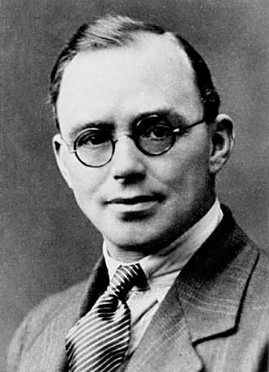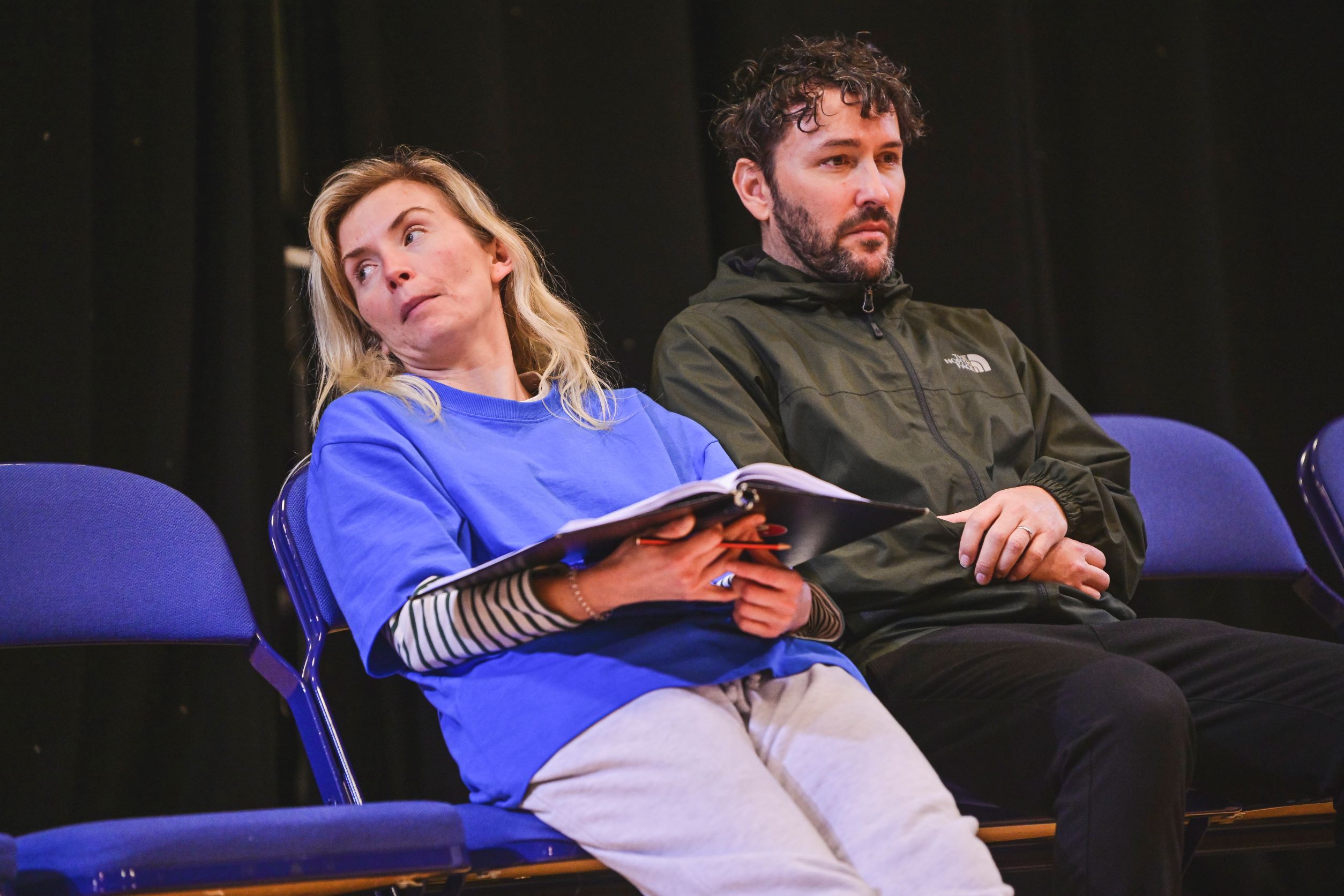
Arthur Horner – The Miner Who Opposed The First World War
Following the Russian invasion of Ukraine, the risk of military confrontation between global powers and drive to war has become all too real. Over 100 years ago however, fear became a reality with the advent of the horror of the first world war. Across Europe, whilst most of the left and workers movement backed the war, a small number opposed it. One of these was a working class militant from Merthyr Tydfil called Arthur Horner.
By Stefan Thomas
Image: Arthur Horner, unattributed
Every war since the advent of democracy has posed a challenge to radicals who think of themselves as fighters for a better world, and every war has seen people who are normally anti-war decide that they support a particular war for a particular set of reasons.
The left-wing political spectrum is composed of layers upon layers of historical splits over this question, with the most significant being the dispute over the first world war.
In hindsight, WWI is widely acknowledged as a site of industrialised slaughter and extraordinary daily death tolls for no real purpose other than colonialist rivalry. At the time, however, this was not how the war was understood, even on the left.
Most socialists and democrats in Europe supported the war efforts of their home governments.
This was done under the banner of the Labour Party in Britain, the SFIO in France and the SPD in Germany – all then members of the Second International, the successor to the International Workingmen’s Association.
The reasons for this were varied, but can mostly be put down to a mixture of genuine nationalist sentiment and a belief that by supporting the war, you could prove your political seriousness and right to be trusted with the powers of the state.
In Britain, the most striking swing was that made by the majority of women’s suffrage campaigners, who turned their impressive organisational militancy away from winning women the vote to encouraging men to enlist and drumming up financial support for war effort.
However, a small set of radicals in each country opposed the war. Some of these opposed it out of prior political or religious principles, which were strengthened by the new scale and intensity of the war – the likes of which had never been seen before.
Chief among these in Wales was Keir Hardie, the first Labour MP who later became the MP for Merthyr Tydfil. Hardie’s deeply held non-conformist Christian beliefs led him to oppose the Boer War and the First World War on pacifist grounds. Alongside these more established kinds of utopian thinking, however, were people who saw opposition to the war as not just a vital, humane act but primarily as a means of strengthening the working class within each country and forging bonds between the workers of Europe.
These were represented most notably by Rosa Luxemburg and Karl Liebknecht in Germany, and the majority of the Russian Social Democratic Party, both in Russia itself and those in exile – most notably Vladimir Lenin and Leon Trotsky.
In Wales during WWI, these trends combined at their most radical in the actions of Arthur Horner, who later would become leader of the South Wales Miners’ Federation.
Arthur Horner, born and raised in Merthyr Tydfil, was just twenty at the time of the war’s outbreak. Horner had previously trained as a lay-preacher, but eventually drifted away from preaching as he became more radicalised.
As an admirer of Keir Hardie and a member of the radical Independent Labour Party (ILP), Horner was involved in anti-war activism from the start of the war, moving in 1915 to Rhondda to get work in the mines for political reasons.
Ror most of WWI, Mining work was what was then called a ‘reserved occupation’ – a job too important for its workers to be sent to fight, and this allowed for miners and other workers on the home front to continue their radical political traditions with greater continuity and force than those workers who were being slaughtered in huge numbers on the frontlines.
The English radical A. J. Cook, also a member of the ILP and a miner who had authored the influential pamphlet The Miner’s Next Step, was a mentor of Arthur Horner’s and helped to strengthen his anti-war convictions.
In Rhondda, Horner became secretary of the Rhondda Socialist Society and used this position to arrange anti-war meetings featuring speakers like the anti-war dissident suffragette Sylvia Pankhurst, and the veteran radical trade unionist Tom Mann.
Arthur’s militancy almost immediately drew him to the attention of his employers, and in 1916 mine bosses sacked an entire night shift of workers, including Horner, in what Nina Fishman describes in Arthur Horner: A Political Biography as an act of victimisation against him specifically (the rest of the shift were rehired shortly after).
Horner was able to get work in the mines again using the ingenious pseudonym ‘Arthur Hornet,’ but was quickly fired by someone who recognised him. Now, as an unemployed man of fighting age, he became eligible for conscription. Not wanting him to get sent to the frontlines, political allies arranged for him to get work at another mine under a false identity, all the while military police were constantly trying to catch him and drag him off to war.
This clandestine double-life made open anti-war and trade union agitation impossible so he decided, as he puts it with wry understatement in his autobiography, ‘to get this thing over.’
This saw him take a leap into another arena of political conflict, fleeing to Ireland shortly after the bloodily defeated Easter Rising of 1916. Horner says that Welsh miners ‘were thrilled by Easter Rising and saddened by its defeat’, which is an incredible testament to the strength of anti-British and anti-imperialist feeling amongst workers two years into a total war.
While in Ireland, Horner joined the Citizen Army set up by (amongst others) the executed socialist and Irish republican James Connolly, although there is no evidence that Horner was involved in any military activity outside of training.
During his period in Ireland, his wife gave birth to a daughter that they named Voltairine after an Italian anarchist, and Arthur took a trip back to Wales to see his new baby. He was immediately arrested by military police on arrival in Holyhead. Only by a combination of luck and quick thinking did Arthur manage to hide the anti-war leaflets he was also smuggling into Wales, avoiding the harsher charge of sedition, and instead being sent down for two years for dodging conscription.
During his imprisonment, the world changed around him. The Russian Revolution of 1917 showed that workers could bring an end to war by turning on their officers and bosses, the South Wales miner and militant AJ Cook got a lighter sentence for anti-war activism in March 1918 (three months as opposed to two years), and the war ended. Still imprisoned in Carmarthen jail, on finding out that miners at a particular pit had elected him to a guaranteed and safe job on his release, Arthur made one more brave and possibly ill-judged move – going on complete hunger and thirst strike to try and secure his release in April 1919.
As the prisoners who joined him on strike gave in to thirst and hunger (as Arthur tells it in his autobiography, one defeated prisoner uttering the indelible phrase “Arthur, I have eaten the beans”), he stuck firm to his hunger strike and, after a meeting with a doctor where the doctor became convinced that he was completely indifferent about dying for his cause, he was released.
Following his release, Arthur went on to a lifetime of involvement in trade union activity and shortly after joined the newly formed Communist Party, becoming one of its leading members.
In a complication (or, given his previous support for Ireland’s right to self-defence and self-determination, a further affirmation) of his previous convictions, he became a key tool in implementing the WWII-era government’s production targets for coal. In his autobiography, he talks about being part of a government committee planning for post-invasion resistance in South Wales in the event of the Nazi occupation of Britain, using his Irish experience to advise others about guerrilla tactics.
Whenever a war breaks out, the path of least resistance is usually to fall in line behind your government and support the war effort. To speak against your government and its war requires overcoming not just deeply ingrained patriotic feeling but the weight of state and non-state propaganda.
Since Russia’s invasion of Ukraine, we have seen attempts at suppression by the Russian government of all forms of anti-war protest, yet still voices from within Russia against war can still be heard, from members of the youth wing of Russia’s Communist Party, from parliamentarians and, most importantly, from the over 10,000 people arrested for anti-war actions since the start of the war.
On the flipside in Britain, anti-war voices who are critical of their own government and its NATO allies have found themselves on the receiving end of political attacks.
Arthur Horner’s words, spoken at his trial, would be sure to meet agreement amongst anto war activists in Russia and the West, over a hundred years later: “I have no intention, either now or in the future, of becoming a soldier in any army whose sole object is to carry out the behests of a privileged and exploiting class”. Hope for the end of this war and others lies in the memory of Horner.
*Stefan Thomas is a socialist writer and co-host of the Desolation Radio podcast. @phased_bemused


